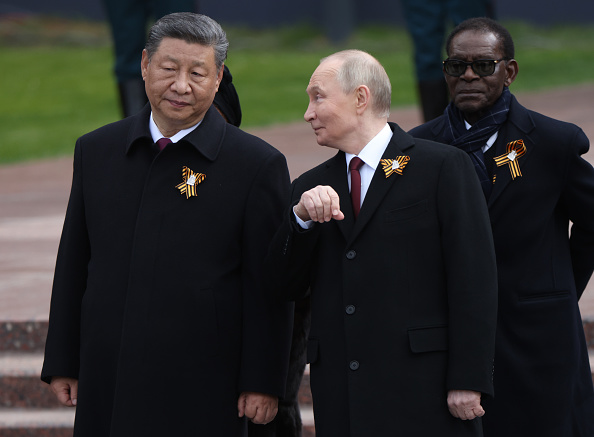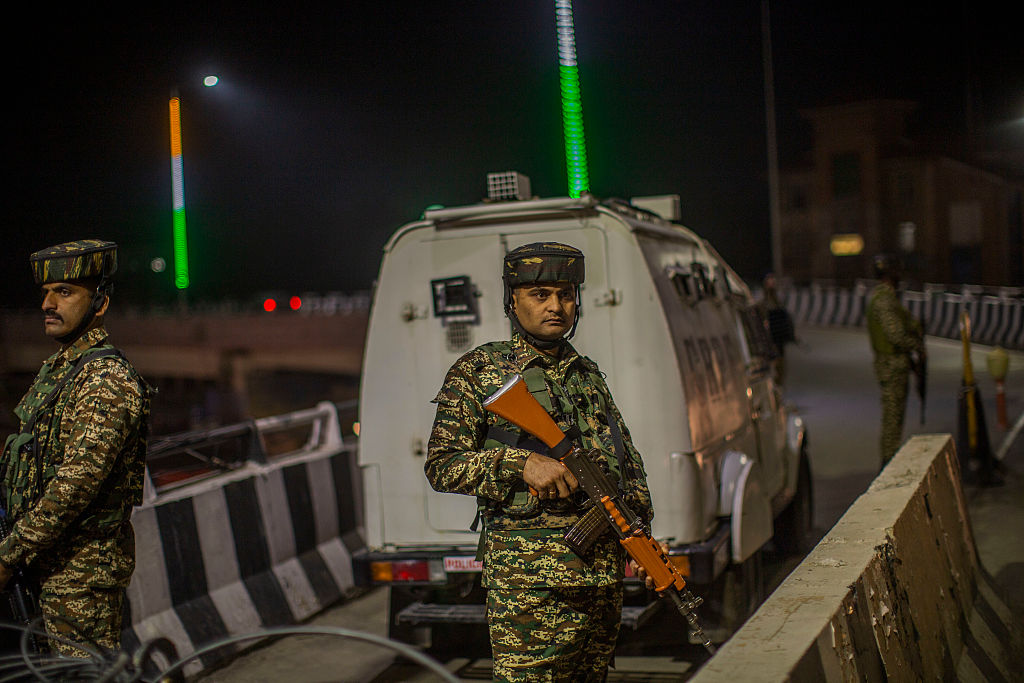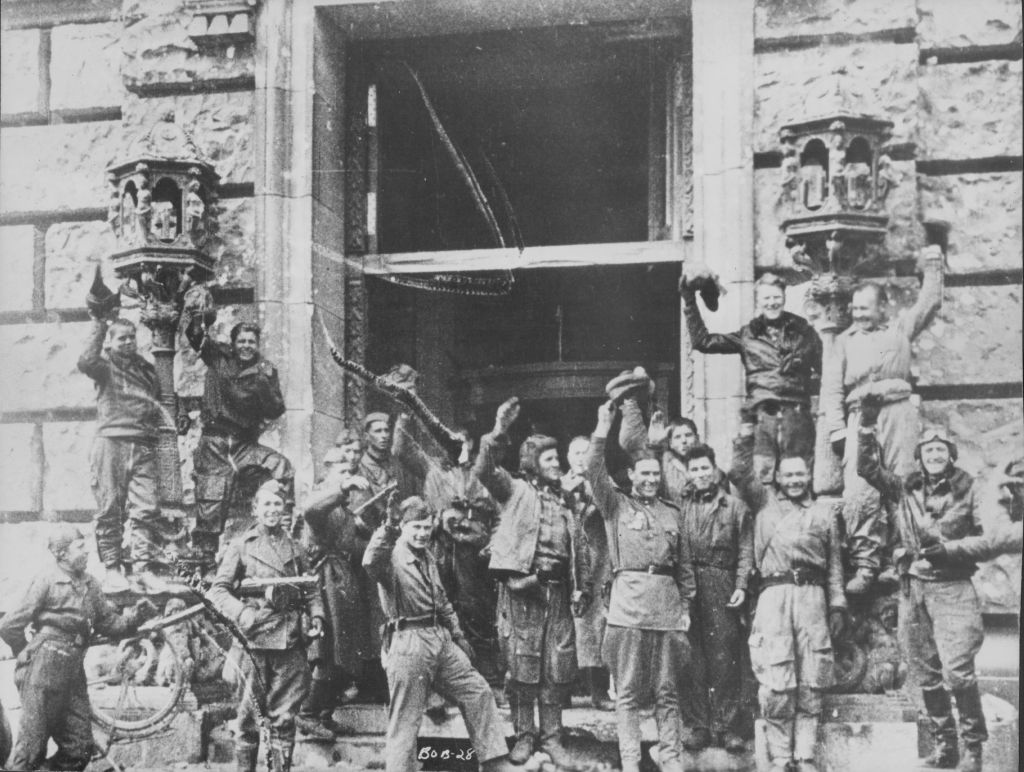The EU’s Generalised Scheme of Preferences Plus (GSP+) is a golden ticket. It offers developing nations duty-free access to European markets. The catch? Respect human rights, labour standards, and good governance. Pakistan, however, has turned this noble deal into a cynical masquerade.
As the European Union gears up for its June 2025 review of Pakistan’s GSP+ status, the evidence is damning. And with India-Pakistan tensions flaring after the April 2025 Kashmir attack, the stakes are sky-high.
Let us make it simple. GSP+ is the EU’s way of rewarding progress. Play by the rules and trade flourishes. Pakistan joined in 2014, and its exports to the EU soared to €8 billion by 2023. Seventy-six per cent of those goods enter duty-free – and that is billions in economic oxygen for a nation financially on its knees. But Pakistan’s compliance? A sham.
Enforced disappearances are state policy. Hundreds vanish into Pakistan’s security black hole. Blasphemy laws are persecution tools. Minorities and dissidents are targeted with impunity. Military courts, where generals play judge, decide for civilians. The Islamic messianic movement Ahmadiyya faces state-sponsored discrimination. Yet, the EU keeps the trade gates wide open.
Now, enter the India-Pakistan clash. In April 2025, 26 civilians were killed in Pahalgam, Kashmir. India blames Pakistan-based militants, specifically The Resistance Front. New Delhi’s responded with strikes on terrorist camps across the border. Pakistan retaliated, escalating tensions between nuclear powers. The EU urged calm, but let us be clear. India fights terrorism. Pakistan plays the victim — all while cashing EU trade cheques.
Pakistan’s violations are not oversights. They are a blueprint for authoritarianism. This is not a glitch. It is deliberate. The EU, with its lofty values, pretends to be blind. This is not diplomacy. It is enablement.
Economically, Pakistan is in dire straits. Growth is positive, but missing its 3.6 per cent target. Reforms? Forget it. Pakistan begs for $5 billion in loans, while importing billions of cotton and taxing local cotton at 18 per cent. Its textile industry — the GSP+ golden goose — chokes and only survives because of the EU. Textile barons systematically disregard workers rights and make profits because of GSP+.
The IMF also fuels this mess. It recently granted Pakistan $1.1 billion, despite ignored promises. Eleven new conditions only admit past failures. Pakistan’s elites know the drill: Promise, pocket, repeat. The EU’s GSP+ leniency sings the same tune. It bankrolls a regime that destabilises South Asia, while countries like India, meanwhile, bear the consequences.
Of course, India is not perfect. Kashmir is messy, and human rights debates are real. But after losing 26 civilians, India’s response was measured. It targeted militant camps, not innocents. Pakistan’s denials, when groups on its soil claim responsibility, are not to be taken seriously. India’s restraint contrasts with Pakistan’s rhetoric and — most of all — actions. The EU cannot just ignore the difference.
The EU’s revamped GSP+ rules offer an opportunity. Stricter terms, action plans, and oversight are in play. But a two-year transition period risks giving out another free pass. Pakistan is not planning reforms. It is kicking the can down the road so as to keep the trade gravy train rolling. The June 2025 monitoring mission is no mere formality. It is a test of the EU’s spine.
This is not just about trade. Pakistan’s GSP+ abuses set a dangerous precedent. Authoritarian regimes watch closely. If the EU lets Pakistan get away with failing to comply with the most basic of terms, it signals that human rights are negotiable and international law can become optional. Especially in a region where nuclear powers clash, this is reckless.
The EU faces a choice: Integrity or complicity. Revoking, or reframing, Pakistan’s GSP+ status would not be punishment, but principle. Values-based trade means values first, trade second. Pakistan had a decade to comply and chosen defiance. Will Brussels stand for something, or just keep signing cheques?





The Eurofighter charade: Turkey’s rise and the EU’s defence disarray